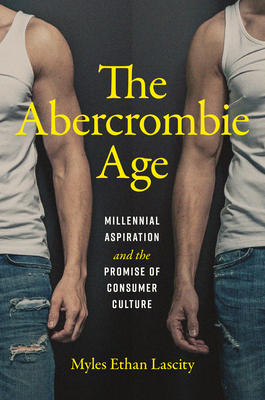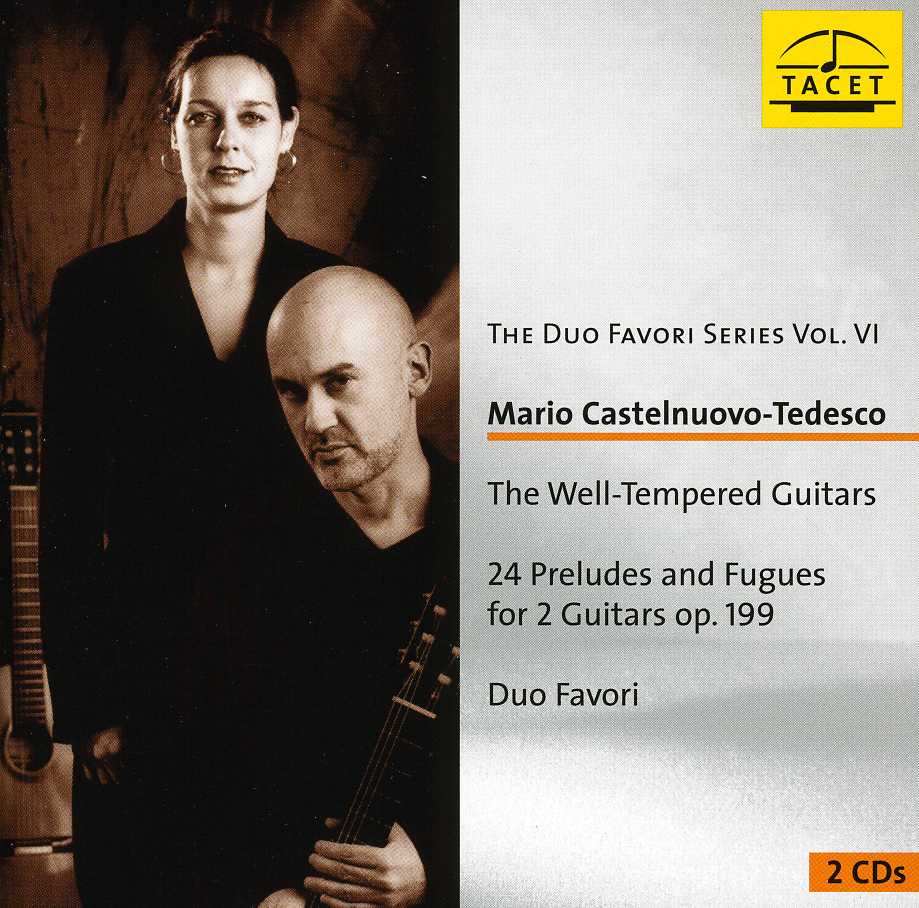
Lascity, Myles Ethan
product information
description
e key to a happy life. Luckily, with a bit of know-how and money, you, too, can have it all. At least, that's what teen pop culture was selling in surround sound at the turn of the millennium. From movies like Clueless to TV's Dawson's Creek to the music videos on MTV's Total Request Live and the catalogs of Abercrombie & Fitch, a consumer-minded ethos drove pop culture storytelling as millennials came of age in the late 1990s and early 2000s. But in the long shadow of the Great Recession, the upwardly mobile aspirations fostered by the era's popular culture and media seem to have been thwarted. Many millennials today lack the wealth their parents had at the same age, and the gaps between rich and poor rival those of the Gilded Age.
The Abercrombie Age reconsiders teen popular culture from the turn of the twenty-first century, revealing how it told young people that life not only could but surely would get better. Far from frivolous or forgettable, the era's superficial, materialistic culture sold millennials unrealistic expectations of what life could offer, setting up a stark juxtaposition with the realities of today.
The Abercrombie Age reconsiders teen popular culture from the turn of the twenty-first century, revealing how it told young people that life not only could but surely would get better. Far from frivolous or forgettable, the era's superficial, materialistic culture sold millennials unrealistic expectations of what life could offer, setting up a stark juxtaposition with the realities of today.
member goods
No member items were found under this heading.
listens & views

LEGENDARY VOICES: HILDE KONETZNI
by KONETZNI / WEBER / WAGNER / BEETHOVEN / PUCCINI
COMPACT DISCout of stock
$19.75
Return Policy
All sales are final
Shipping
No special shipping considerations available.
Shipping fees determined at checkout.






